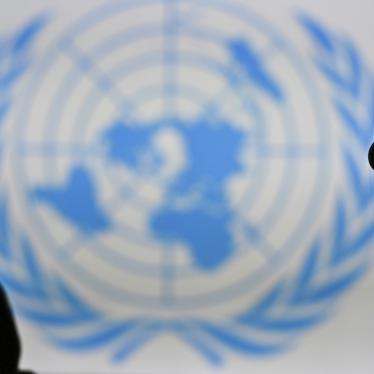The Myanmar security forces campaign of ethnic cleansing against ethnic Rohingya in northern Rakhine State has driven more than 600,000 people from their homes, villages and country with massacres, widespread rape, and mass arson.
Government forces have substantially or completely destroyed more than 340 primarily Rohingya villages. Over 100 villages have been burned to the ground after September 5, the date the government claims so-called clearance operations had ended. Satellite imagery shows that at least three villages were burned within the past two weeks.
Human Rights Watch has documented widespread rape of Rohingya women and girls by Burmese security forces. In the two dozen cases reported to us by rape survivors, the rapists were uniformed members of Burmese security forces. In nearly all of these cases, the women were gang raped; many also watched as soldiers shot and beat to death members of their families, including small children.
Nothing can restore to the Rohingya people what has been taken from them. But the government of Myanmar should promptly provide adequate restitution or compensation for lost homes, property and lives. It should fully cooperate with the UN Fact-finding Mission, which we encourage to identify individual perpetrators and command structures, and make recommendations regarding an appropriate accountability mechanism. Any returns should be overseen by UNHCR, and should ensure that international standards, including the principle of non-refoulement, are respected. Any returns must be safe, voluntary, dignified and sustainable.
Above all, today’s Special Session, supported by Council members from all regional groups, sends a powerful message: if Myanmar imagines that in the months to come, the gaze of the international community will wander on to other crises and the plight of the Rohingya again be forgotten, then it is deeply mistaken. The resolution’s request for the High Commissioner to track and report on the situation for at least the next three years provides an opportunity for Myanmar to end its era of denials, and work with the Council and its mechanisms to address the root causes of these violations, bring those responsible to account, and treat its Rohingya population with the equal rights, dignity and respect which they have for so long been denied.







